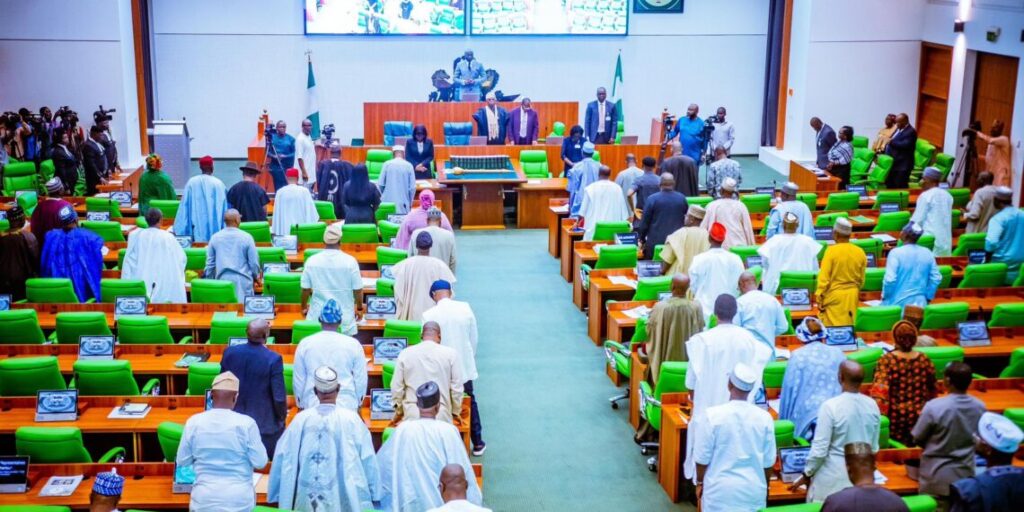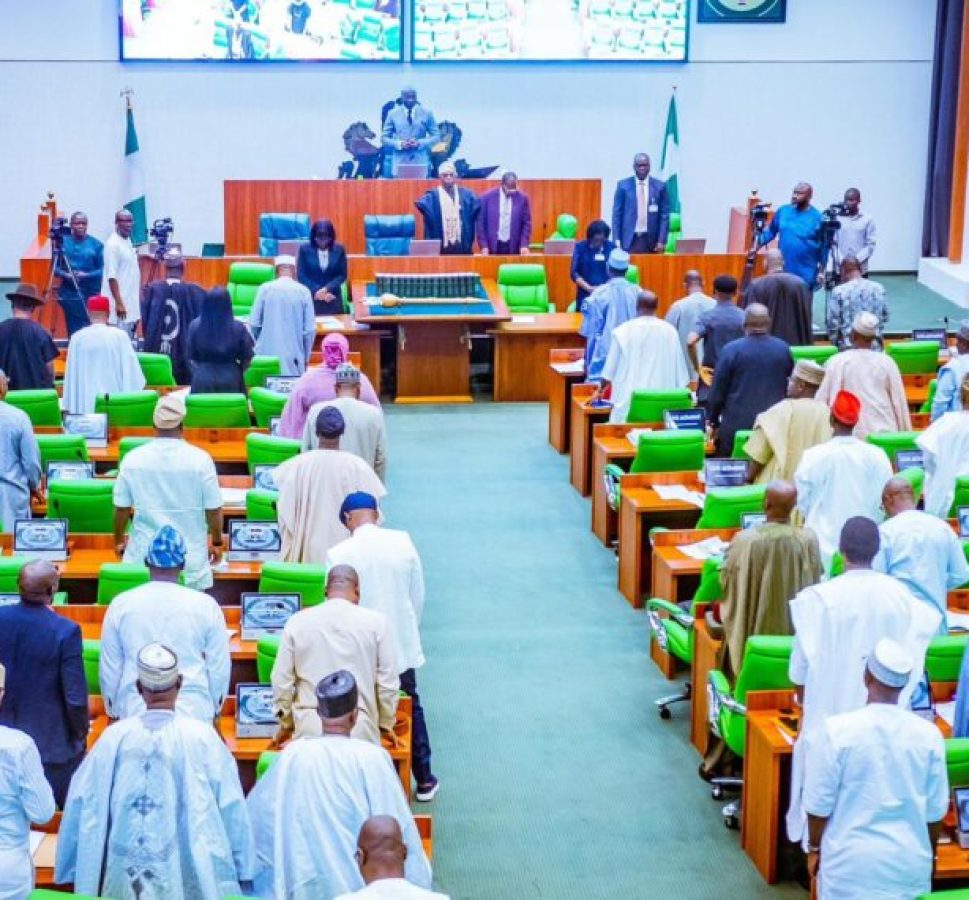
The bill also sought to make it possible for all elections in the country to be held on a single day.
When the bill which was scheduled for second reading was put to vote, majority of the lawmakers voted against it.
This is not the first time the House will reject a bill seeking six-year single term for president and governors.
In 2019, the bill which was then sponsored by John Dyegh from Benue State, also failed to progress to the second reading.
Dyegh’s bill had also considered a six-year term for Members of the National Assembly and States Houses of Assembly.
He argued that the bill was necessary to for members of the National Assembly to gain more experience in six years years instead of four.
According to him, re-election for the President and governors cost three times more than the first election and is characterised by violence. He believes a single term of five years will curb the irregularities associated with re-election.
Former Vice President Atiku Abubakar had also proposed a further amendment of the 1999 Constitution and the Electoral Act 2022 to accommodate a six-year single term for a President for each of the six geopolitical zone.
He added that the law must mandate electronic voting and collation of results, compel the Independent National Electoral Commission (INEC) to verify the credentials of candidates, amongst others.
The governor of Anambra State, Prof Chukwuma Soludo, also in June this years, backed the calls for single term for elected politicians.
“Sometimes, these conversations about single term might begin to make some sense so that you fix it, whether you say four years or five years, six years, seven years, single term,” Soludo said.
“So, you are not thinking about the next election once you finish getting into this. I face that all day in my state. You want to get into this (project), they say, ‘No, wait, you know you have an election’. And I say, ‘No, let’s get it, if we get there, we get there and if we lose, we lose.”






